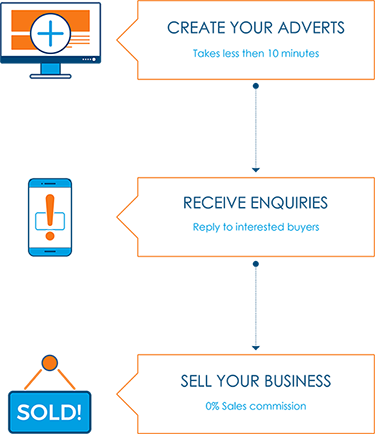When buying a pub, make sure you get your own personal criteria clear from the start. Do your research and invest in a pub that provides the kind of trade – and the kind of lifestyle – you’re looking for.

“Research the market before buying a pub”
Whether you want to start a family-friendly local village pub or an upmarket urban wine bar catering to young professionals, you’ll need to have a solid understanding of what your potential patrons are looking for, and what your future competitors are doing, before you purchase. Ask yourself: what kind of market do you want to cater for? Is this the kind of market that exists in your chosen location, and if so, what other pubs in the area are currently attracting this market? There’s always room to put your personal stamp on a bar, but if in doubt, don’t be afraid to draw inspiration from local success stories. Take a walk around your potential locations at various times of the day; make a note of what bars are busy and what pubs you find yourself drawn to. Talk to the locals – if possible, find out the general lifespan of bars and restaurants in the area. If you can, try to find out what ventures have, and haven’t, worked in previous years and – most importantly – why. Try to learn from the mistakes of others, but don’t be afraid to bring something new to the table!
“Get the food and drink right”
The drinks that you offer will go a long way to establishing your ideal clientele. You might want to stock up on low-cost drinks and build a reputation for a cheap and busy bar, or you might want to take the time to collect a series of fine wines to offer your customers in the hopes that you can charge a little more on that basis. Again, it’s important to consider the profile of the area’s tourists and locals and plan accordingly. Plan ahead; make sure you can price the drinks at a price attractive to the customers and still maintain your own margins.

While many city bars serving after-work pints might get away with an offering of peanuts and crisps, meals and platters are often expected in a more rural establishment. That doesn’t mean that your offering has to be complex; with a little bit of planning, you can create a very basic menu that requires minimal preparation and equipment. For advice on how to set up and keep a kitchen that meets EU / UK health regulations, visit the Business Link website.
“Respect the hours of the pub industry”
If you’re joining the bars trade for the first time, then you should expect long hours and late nights, particularly in the first few months of trading. You can, however, still find some flexibility in working hours, depending on the type of business you buy. In general, family bars traditionally provide the bulk of their trade in the afternoon and evening, allowing for an earlier working day. In a nightlife town of clubs and bars, trade will generally be at its peak during the early hours of the night, while afternoons are traditionally quiet in these areas.

“Take professional advice to be aware of the legal aspects of buying and running a pub”
There are many legal aspects to buying and running a pub. You need to make sure that you have all the required licenses and permissions in order before you can open the doors, so it’s important to take advice from an experienced professional. Training courses in bar management and food hygiene are widely available and can prepare you well for the job at hand. From a legal standpoint, professional advisors such as accountants, solicitors, and business transfer agents will all be able to make you aware of the potential issues associated with buying a pub.
“Find the right pub for you”
Now that you have a clearer idea of what kind of pub the location you’re looking for, you can start looking for pubs for sale.


